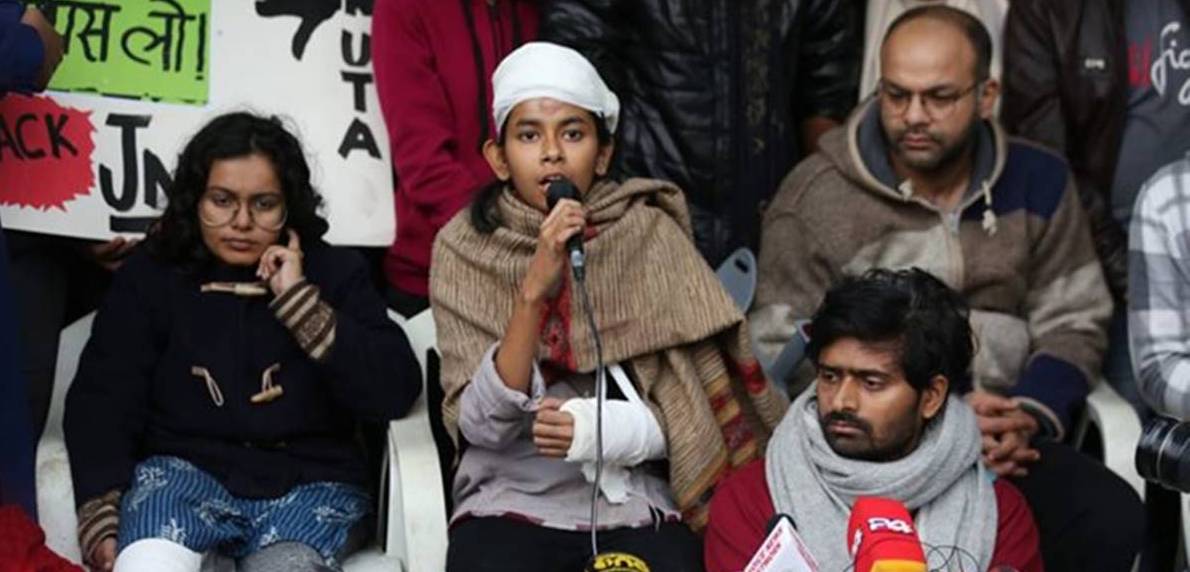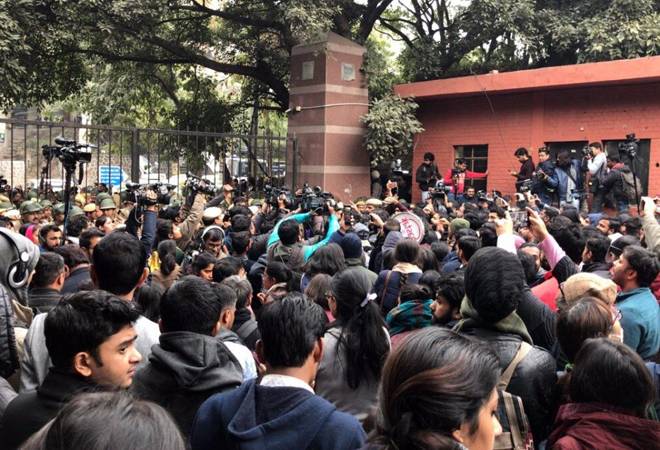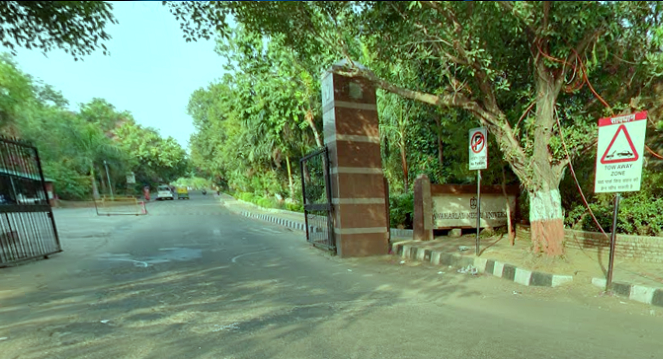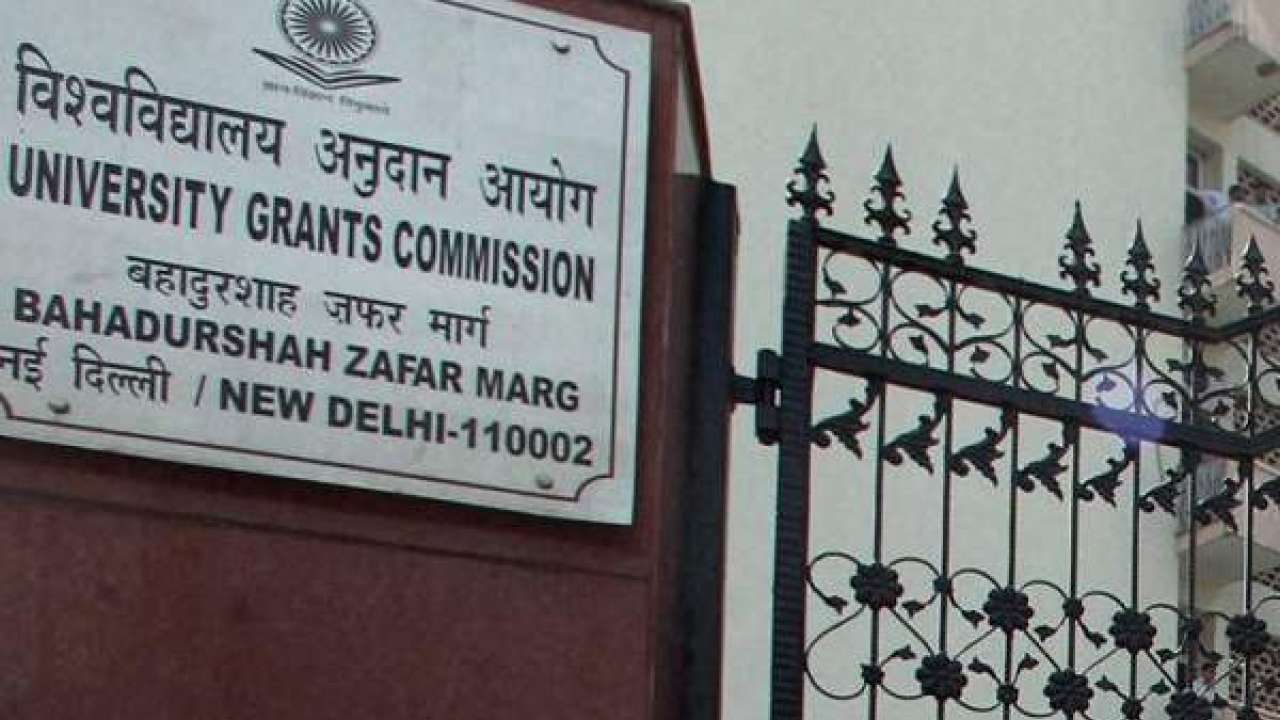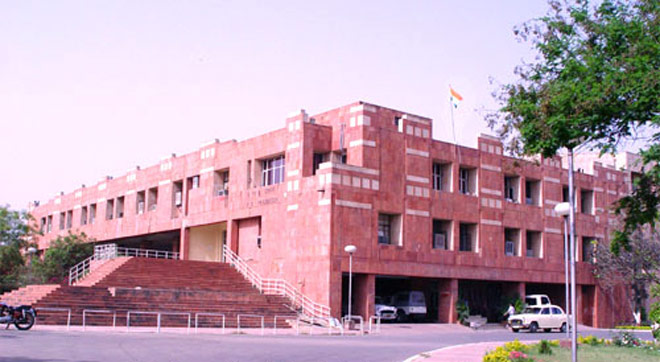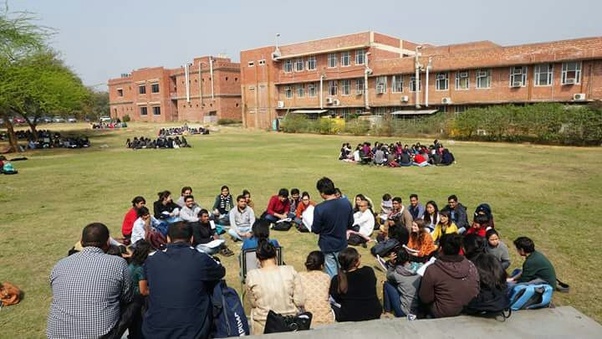
I came across a beautiful piece by a Professor of English Literature the other day. He began with the statement that he would no longer mark his students’ papers with extensive comments. One of the reasons for this was that despite the time and effort spent on making these, most students seemed unconcerned about the nitty-gritties he was pointing them towards, and were more interested in the grades. Understandable. But more importantly, he remarks, he began to question why we were so obsessed with value judgement, because that is what such evaluation ultimately turns out to be, in such a definitive manner. He devised a new way in which he individually addressed each student with their papers, and they discussed not just the paper but various issues, some personal but mostly academic, which have affected the students’ thinking process.
He has ended up spending more than double the time that he used to on regular grading and assessment, but his experience has been more rewarding as revealed by the various anecdotes.
As a teacher in a premier public university in India, I have frequently been faced with such challenges, and have tried to deal with it in similar ways, at the risk of having to hear oblique comments from colleagues about lowering standards, etc.
A bland tutorial or the irritating questions in class cannot give you an inkling of what goes on in the minds of these young souls in front of you. Hence, the discussion after the written presentation is the space where you get to ‘know’ the student, her engagement with the subject, and her standing within the class. But there is a life she leads out there, outside the classroom; one in which she faces daily hurdles, has to negotiate different worlds, and most importantly keep herself motivated enough to go back to a classroom which may not be providing immediate solutions to any of the problems she is currently grappling with. How do I as a teacher keep myself engaged? More importantly, how do I keep her engaged in my class?
One of the very important lessons I have learnt, and it’s taken me over 20 years to learn this, is to not presume the outcome of the classroom discussion and evaluation. Second, and possibly more significant, to not decide on the success or failure of a student in academia, and particularly her ability to produce a thesis of worth. I will give a few examples to elucidate. The phenomenal rise in student intake after a policy change in reservations happened in the first decade of the 21st century. It was predicted by many that we were going to see a deluge of ‘undeserving’ students getting into higher educational institutions. Indeed, the classroom was different. I was faced with this new lot of students, many of whom had come from a non-English medium background. But were they undeserving? In a class I used to teach on early Indian economic history, most of my urban elite students did not know a thing about agricultural seasons and processes, weights and measures, or even taxation systems – all very important themes in economic history.
Maybe some of them came from families that dabbled in real estate, but they definitely had no clue about how land value is measured. But many of the non-elite students, primarily from a rural background, would instantly respond in class to some of the discussion, especially because the Sanskrit/ Pali/ Tamil terms that I would use to elucidate these issues from specific contexts, were familiar to them. Or, they would give me synonyms for the processes, or even contradict what I was saying. The sense of satisfaction I would get at eliciting a response generally outran the twinges of irritation on several occasions. On others, I, alas, like any mortal, would be short and hard on them; but invariably, I’d go back into the class on that or some other day and address the issues. Mine is not a unique experience; a number of my colleagues, some of whom also happen to be my friends, share this worldview. I know from anecdotal references that this is true in very varied regions and institutional contexts, and that many people who have earned a splendid name for themselves in their chosen academic and allied fields have actually risen from here.
On the issue of research, things get a lot more sticky. Because invariably, it’s the supervisor’s reputation that is also on the line. Hence, a section of scholars often insist that they will not take on unfit people; here, unfit refers to the student not being very fluent in English, or coming from a ‘lesser’ institution, or not having the requisite training, or that they were difficult ‘cases’ etc. A couple of such students who literally landed on my lap because no one else was willing to take them taught me, and those who judged them at that nascent stage when they took admission, something different. Some who literally scraped the barrel in admission marks went out with a doctorate in an absolutely new area, or brought such fresh insights and detail into known interpretive frameworks. But it is particularly those who have had to face huge personal challenges that I am overawed by – suffering from Multiple Personality Disorder, clinical depression, miscarriage and domestic abuse. Their struggles seem to have motivated them to finish the thesis, and carry triumphantly one trophy at least in the midst of all their hurdles. While they were also aware that there is still room for improvement, I am hopeful that that will happen too, in good time. For each of them at their respective viva voce examinations, their faces said it all – the happiness of having striven and achieved something.
So, coming back to the question of fitness, success and achievement, I see in the campus I am a part of, and others in this country, and read and hear about those around the world, that teaching and higher education is becoming more and more distanced from the realities around us. Or, it is getting so enmeshed politically, that the classroom and supervision process is getting sterilised. That caste, gender and other considerations affect our interpersonal relationships is well known, but when these dictate the unequal relationships in classrooms and work spaces on either side, that is tragic. One of the ways in which we can move towards equality is by changing the structural templates, where it is not individuals but the system that has to allow for this engagement of the student in academia.
Dr. R. Mahalakshmi teaches ancient Indian history at the Centre for Historical Studies, JNU.




